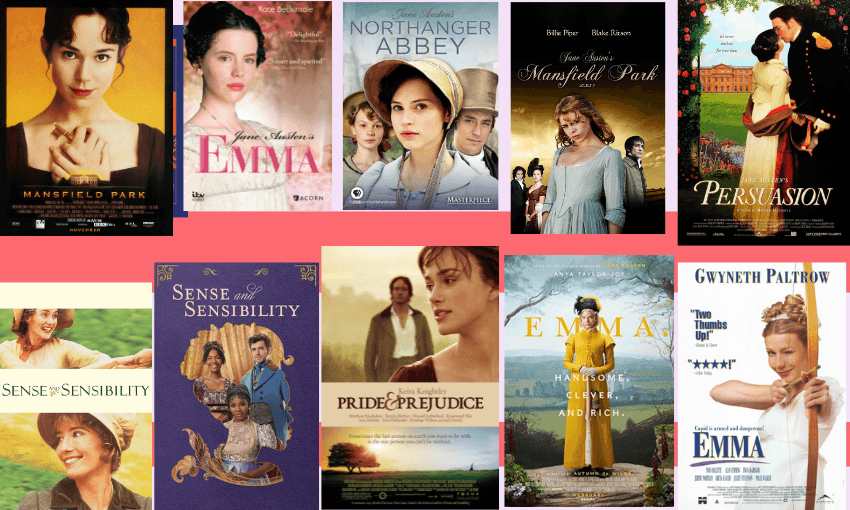A secondary school student debates the proposal that Shakespeare become compulsory for year 12 and 13 students.
The new draft for the New Zealand English curriculum has proposed compulsory Shakespeare for all year 12 and 13 students. It also has suggested texts including World War I poets, Winston Churchill’s World War II speeches and at least one 19th Century text for senior students. English teachers have said they don’t know why the new curriculum doesn’t reference Te Mātaiaho, the framework underpinning most of the curriculum refresh in other subject areas.
As a year 12 who left a family gathering early to go to a rehearsal for the Sheilah Winn Shakespeare Festival last weekend, you might think I would be a big advocate for this new curriculum. I love performing Shakespeare. One of my favourite pieces of theatre I’ve seen was Hamlet by the University of Canterbury Drama Society and I quote Macbeth on a semi-regular basis.
Despite all that, I don’t think making Shakespeare compulsory is a good choice. The language of Shakespeare is complex and archaic at times, and was never made to be read as a book. Most people my age find it inaccessible and boring, and making it compulsory is going to make it less enjoyable for the English nerds who will be surrounded by people who couldn’t care less. I get the most out of English when everyone in the class is absorbed by the material and unfortunately that doesn’t always happen when the material is Shakespeare.
On the other hand, seeing Hamlet live was something I really enjoyed, and if I hadn’t studied Macbeth in class first I would’ve struggled to understand the language. Making theatre more accessible by deepening the audience’s understanding of the text is useful. Extended metaphors, similes and iambic pentameter are all so much more enjoyable when they’re brought to life. Watching that performance I could see many of the ways that modern theatre and film have drawn on Shakespeare. It would be a shame to lose that cultural reference point that has so greatly impacted both pop culture and drama.
However. Shakespeare is a white man from 400 years ago. Does he really represent the New Zealand teenagers of today? Do we see ourselves in his stories? In English this week I have been writing about the themes of activism and colonisation in Māori women’s work and I’ve really enjoyed studying Tayi Tibble and Coco Solid. Without this assignment I wouldn’t have known where to start on contemporary New Zealand writers but both Poūkahangatus and How to Loiter in a Turf War have been colourful and full of life, using slang that’s still around and describing places I can imagine. I can’t really imagine what it would be like to be a knight in King Richard’s castle or how Brutus felt while sitting in the Senate.
And yet. Many of my favourite books are set in places I’ve never been, mostly New York or random British towns: that doesn’t make them any less good. I relate to characters because of the way they are written and the emotions they have, a good story is a good story regardless of setting. I definitely don’t think we should all read books written by people exactly like us about places we’ve lived in for years. One of the best ways to understand new people and places is to read books.
Being included in a curriculum is automatically saying that these are the voices that are important and deserve to take up space. I’ve never been taught something in school that was by a Turkish, Sri Lankan or Egyptian author and wouldn’t know where to start if I wanted to seek something out by myself. There is so much culture and experiences that aren’t being heard because the perspectives of white men are repeated over and over.
Even still. Shakespeare and his contemporaries also had a huge impact on the English language as a whole and in some respects I understand the appeal of uniformity in its teaching across Aotearoa. Phrases like “wild goose chase” and “heart of gold” are only in circulation because of the immense impact Shakespeare’s plays had on the English canon, and that is partly due to the widespread studying of such texts in schools.
Shakespeare has shaped both theatre and English and has an important place in history but I think it’s time to open space for newer, younger writers with more relevance to the current world. I won’t be taking the Hamlet quotes off my wall anytime soon, and I’ll keep walking straight to the classics section in every second-hand book shop – but that doesn’t mean I have to inflict my peers with long boring classes studying texts that are utterly distant to them.
If the curriculum shapers insist on including Shakespeare, they need to make sure there are lots of newer writers, women and New Zealanders in high school English classes as well.


